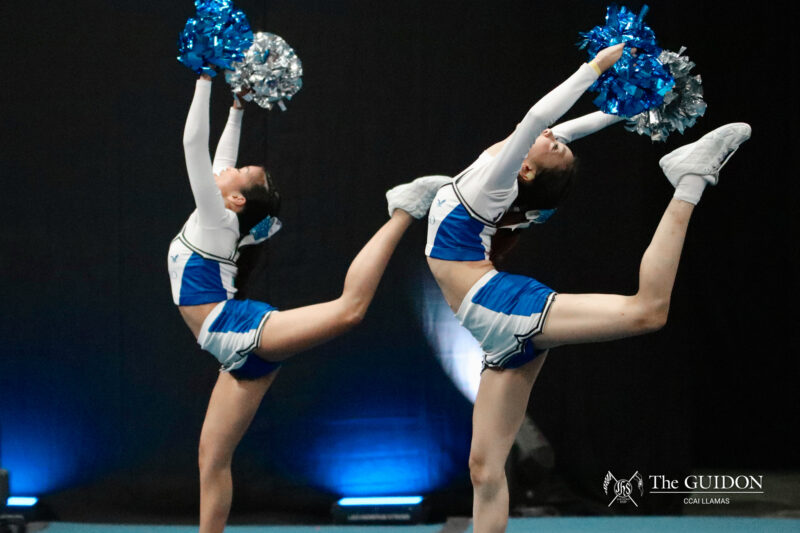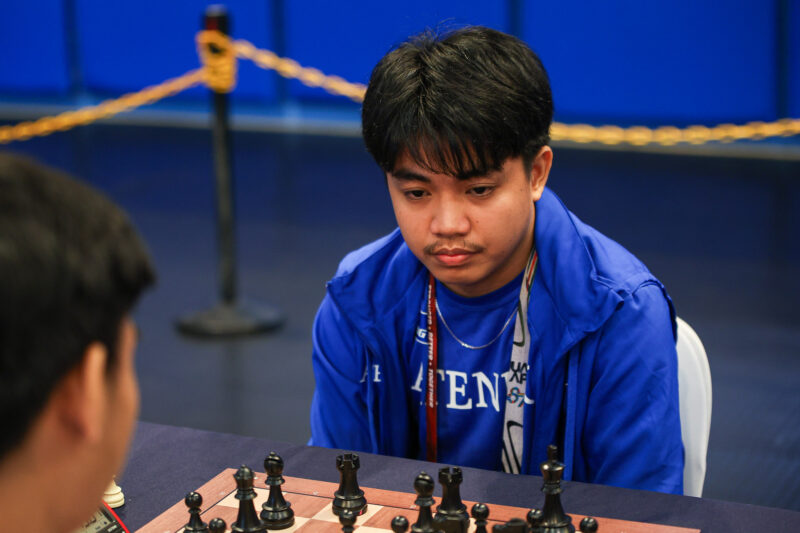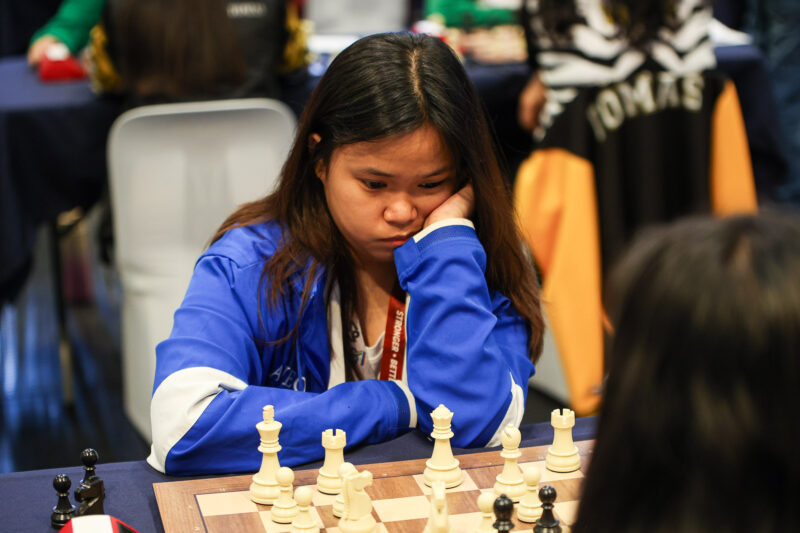THE RECENTLY concluded London 2012 Olympics provided another avenue for Filipinos to showcase their prowess in the various fields of athletics. All eyes were on the 11 representatives of the country, as they attempted to outdo their competitors. To the dismay of many, though, they all went home without a single medal.
The unfortunate outcome pulled to the surface a familiar tale that has perennially haunted Team Philippines: the elusiveness of a podium finish in any of the sports in the international competition.
And so the question is asked every four years: why does Olympic merit evade the Filipino athlete?
Smallest delegation to date
The 11 Filipinos made up the smallest delegation the Philippines has had in Olympic history. Seven of the delegates qualified after highly competitive pre-Olympic matches with different countries. They are Paul Brian Rosario (shooting), Tomohiko Hoshina (judo), Hidilyn Diaz (weightlifting), Daniel Caluag (cycling), Rachel Ann Cabral and Mark Javier (archery) and Mark Anthony Barriga (boxing). The remaining four, Jhessie Khing Lacuna and Jasmine Alkhaldi (swimming) and Marestella Torres and Rene Herrera (athletics), were sent as required by the Olympics.
Barriga, who is only 19 years old, raised hopes for the country after reaching the round of 16 in the flyweight division, only to be defeated by Birzhan Zhakypov from Kazakhstan. The last time a Filipino boxer made it to the said round was in Athens 2004.
Most of the other delegates saw their chances of winning vanish without even advancing from the opening rounds of their events.
The country’s medal drought
Physical Education Instructor Walter Torres, an Olympic fencer during the 1992 Barcelona games, points to several factors behind the country’s consistently poor performance, such as lacks in the following areas: preparation, extensive training and security for the future.
“I had studies—I had to support myself—and I always believed that after [my stint in the Olympics], there is nothing already,” recalls Torres, whose experience is a common tale among Filipino athletes.
Former Southeast Asian Games Philippine representative for shooting Andrea Faustmann (AB Eu ’12) comments that the country’s expectation of its athletes is disproportionate to the amount of support given them.
“We were one of the luckier sports that were actually supported by the government. I think some of the athletes from [the other sports] raised their own funds in order to join,” Faustmann says, stressing the inconsistent support by the government.
These issues hinder the concentrated training of Filipino athletes—along with under appreciation and criticism whenever they fail to bag a medal.
Problem with NSAs
The duly recognized national sports associations (NSAs) of different sports, to which athletes belong, have a determining role in the amount of support the athletes receive. Two-time taekwondo Olympian Donald Geisler III (Sydney 2000 and Athens 2004) commends his sport’s NSA for showing good leadership during his stint in the Olympics.
True enough, taekwondo almost got the Philippines a medal in Athens, if not for Mary Antoinette Rivero’s loss in the semi-final round.
Other NSAs, however, are proving to be a major headache for Philippine sports. In an article for the Philippine Star, Gerry Carpio writes that NSAs “have complete autonomy to run their own affairs, free from interference from their mother organization [the Philippine Olympic Committee (POC)], their international federation and the government and, sadly, from their own sports community.”
Carpio concludes that this destroys the development of sports in the country. He cites the example of the Philippines’ cycling association, wherein cyclists, from 2005 to 2011, were caught choosing between POC- and International Amateur Cycling Federation-accredited organizations. Both choices presented their own perks.
Future of sports in the country
The performance of Filipino athletes in the Olympics only reflects how the country nurtures athletic talent. Nevertheless, despite the fundamental difficulties Filipino athletes face, positivity remains.
“Well, tayo, palaban tayo. (We’re competitive.) We always give it our best shot,” Torres says. He explains that Filipino athletes are innately resilient, but need greater support to maximize their talents.
This is precisely why reforms are essential. Geisler says that there is a lot of work to be done, and suggests the need for an early start—by way of efforts to inculcate the spirit of the Olympics among the youth.
As the Olympic flame waits to be reignited once again in Rio de Janeiro four years from now, the burning spirit of Filipinos will stay alive—and will seek to burn brighter. Indeed, with enough time and adequate support, we might just see a Filipino bagging the gold in the future.



